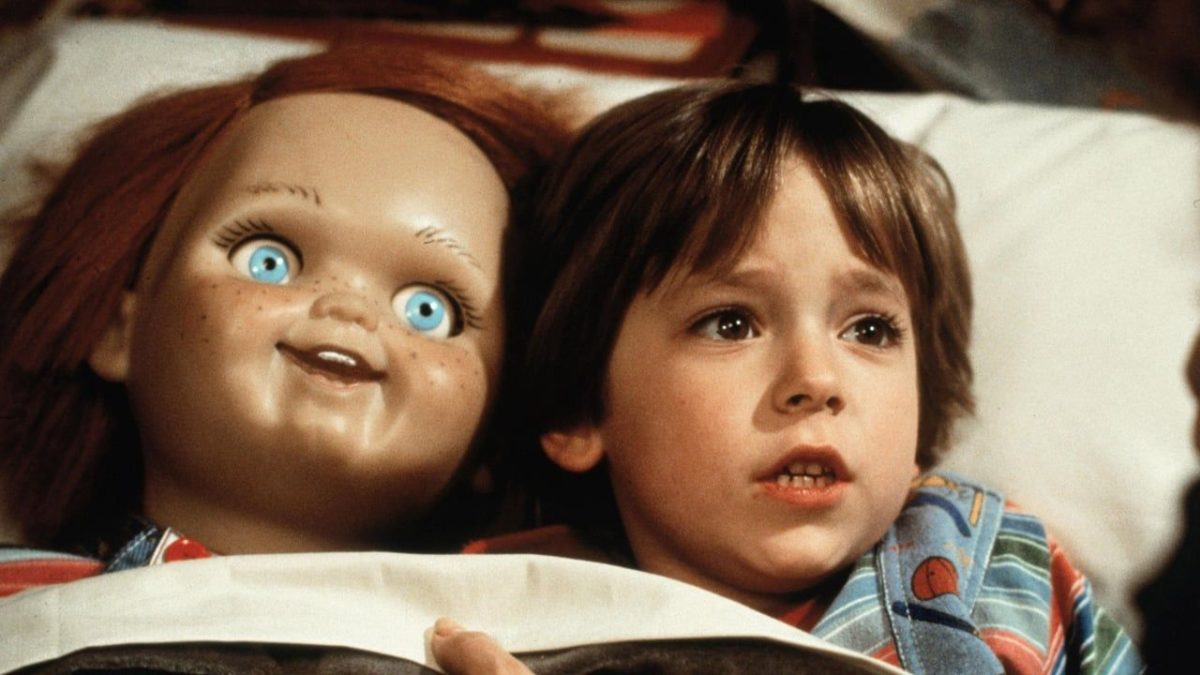Shivers (1976) and Rabid (1977) established Canadian director David Cronenberg at the forefront of psychosexual body horror and The Brood (1979) caps off his 1970s work with a flourish. Within Cronenberg’s unique vision, human flesh is itself monstrous, capable of mutating, detaching, slithering, and destroying its progenitor. His movies of this decade burrow deep inside the human reproductive system and the urges that drive it, emerging drenched in blood and quite, quite demented. They refract male envy of pregnancy and childbirth by presenting alternative, non-sexual methods of reproduction. These narratives straddle the border between science fiction and horror, often including a cool, dispassionate doctor who, when consulted, regards the abominations of nature on display with only mild curiosity, as if they are the predictable consequences of human evolution: This is who we really are, this is what has always bubbled beneath our skin. Step across the threshold and embrace it.
Continue reading “The Brood (1979)”
